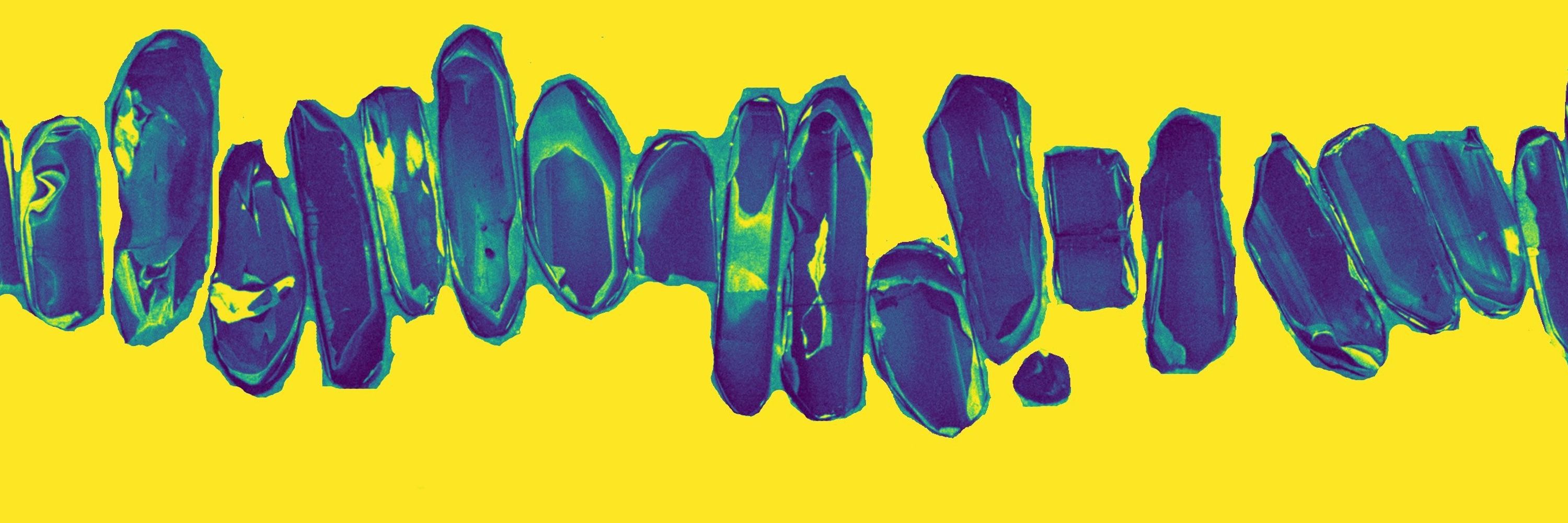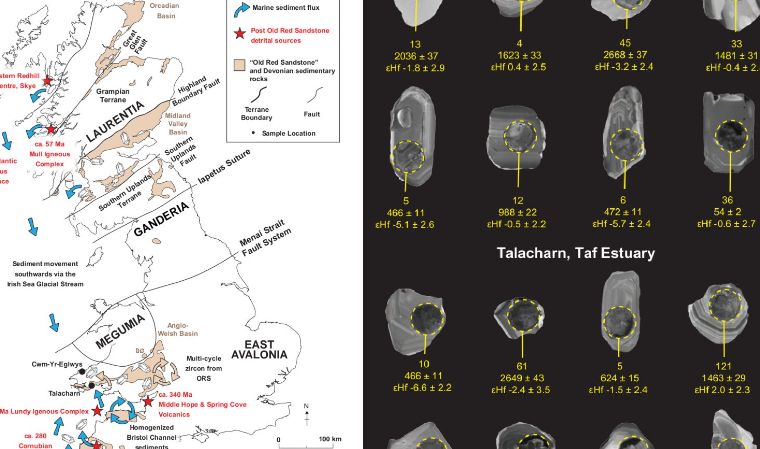
#Niobium #Geology #CriticalMinerals

#Niobium #Geology #CriticalMinerals
Read here: doi.org/10.1038/s430...
#Geology #DeepTime

Read here: doi.org/10.1038/s430...
#Geology #DeepTime
New research suggests Earth’s early crust stopped being powered mainly by giant asteroid impacts and started running on its own internal heat about 3.9 billion years ago. doi.org/10.1038/s432...
#Geology #CurtinUniversity #EarlyEarth

New research suggests Earth’s early crust stopped being powered mainly by giant asteroid impacts and started running on its own internal heat about 3.9 billion years ago. doi.org/10.1038/s432...
#Geology #CurtinUniversity #EarlyEarth



